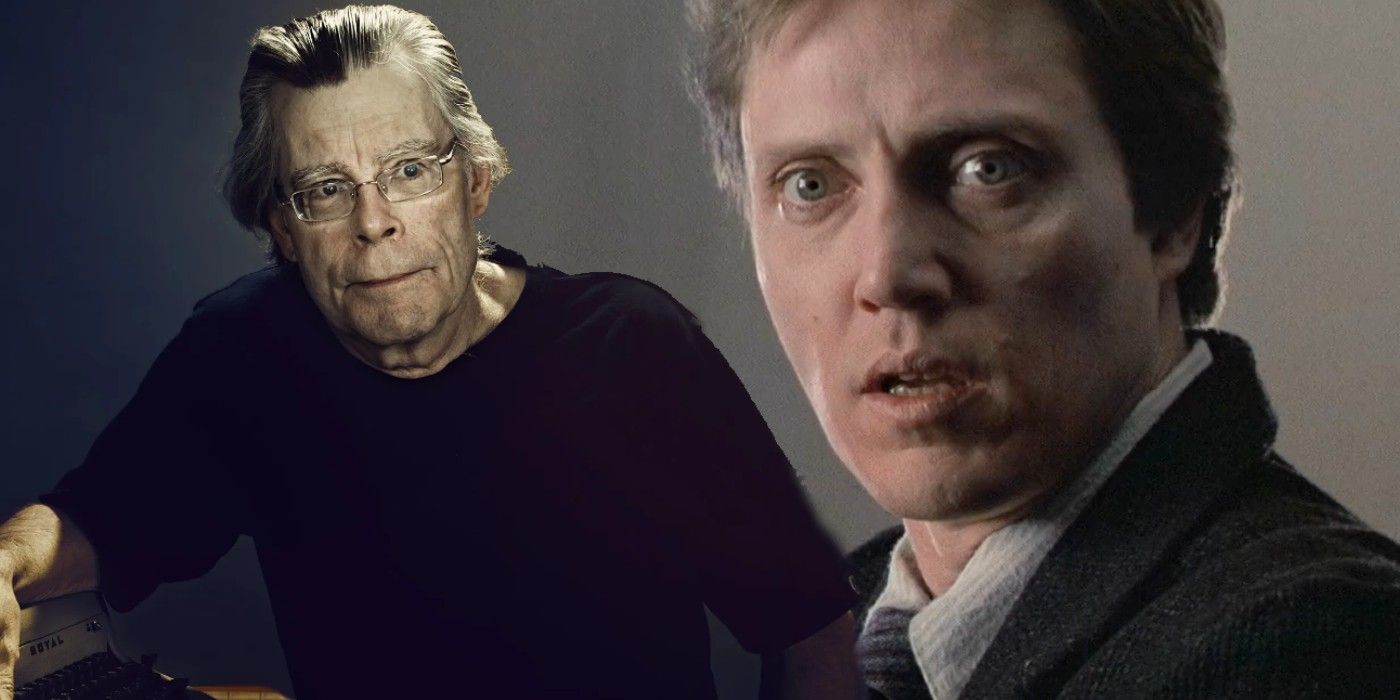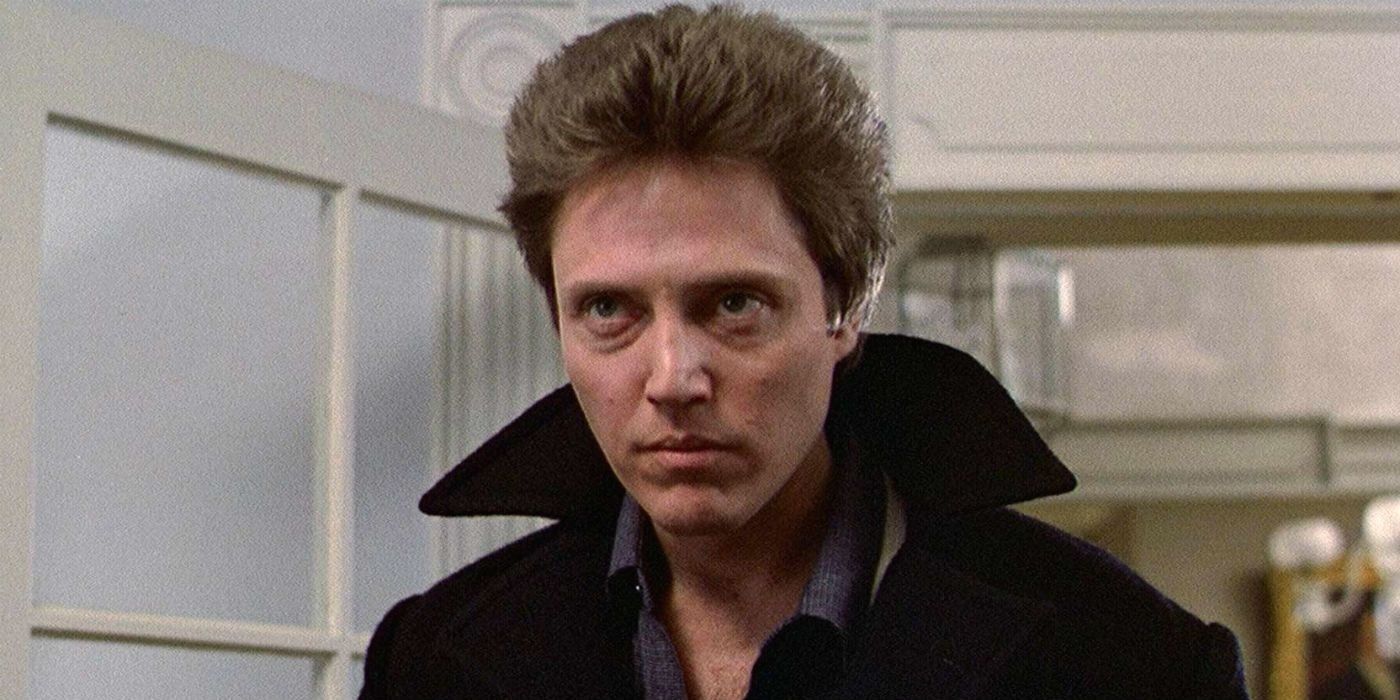David Cronenberg's The Dead Zone had the opportunity to follow a script written by Stephen King, the author of the original novel and its source of inspiration. It wasn't chosen for the final product for several reasons, which are all entirely warranted based on the director's vision as well as its ability to entertain viewers. Here's why David Cronenberg did not use Stephen King's script for The Dead Zone.
Stephen King has penned 61 novels in the span of his approximately 50 year career - not including his short story collections. In 1974, he published his first book, Carrie, which Brian De Palma famously adapted into a feature-length movie in 1976 with Sissy Spacek as the titular character. Only three years after the movie premiered, King released his seventh novel, The Dead Zone. While the author was gaining critical acclaim worldwide for his works of horror, director David Cronenberg was finding his footing in the movie industry. By the time he took on The Dead Zone, his filmography included Scanners, which became well-known for its incredible practical effects and the famous exploding head scene. Considering the novel's sci-fi horror elements, Cronenberg and King seemed to be a match made in genre filmmaking heaven. Yet, there were a few hiccups when it came to settling on a script.
Ultimately, Cronenberg had the final say on which script was used for The Dead Zone. During the 1980s, King had yet to fully venture into the filmmaking process himself and was struggling with alcohol and substance abuse at the time. When The Dead Zone premiered in theaters, it was only three years later that King directed his one and only movie, Maximum Overdrive. This could be said was one of the biggest examples as to why his screenplays did not work at the time, but there's more to Cronenberg's decision than that.
The Dead Zone stars Christopher Walken as Johnny Smith, a man who spent years in a coma only to wake up to discover he has been given supernatural gifts. Like many of King's stories, The Dead Zone is set in Castle Rock, Maine, one of three fictional towns created by the author. Book to movie adaptations can prove to be fairly difficult, especially in regard to King's bibliography in particular. King's books tend to run fairly long; The Dead Zone is no exception.
King's The Dead Zone script attempts to capture the multiple storylines in an episodic manner that doesn't do its primary plot justice. While Cronenberg's movies aren't necessarily marked by restraint, he found King's version to be a bit too brutal, even by his own standards. This is not to say the director didn't appreciate King's script, he just found that it was overly complicated, too brutal for a story of its nature, and was far longer than absolutely necessary. Cronenberg's appreciation for the work the original source's author did ends there, as he found it to be outright terrible in several instances. There's a major difference between appreciating art and deciding whether it is good or bad. In regard to King's script for The Dead Zone, Cronenberg ultimately decided it wasn't good enough to move forward with.
One quick glance through King's script showcases just how little chemistry the characters would have had based on the dialogue alone. Jeffrey Boam, who went on to write the screenplay for The Lost Boys, was chosen as the official writer for The Dead Zone movie. Despite being in the very early years of his own career, his script achieved everything that Stephen King's couldn't, even though he wrote the movie's source material. Ultimately, David Cronenberg made the right choice when he moved forward without the author's screenplay for The Dead Zone.


